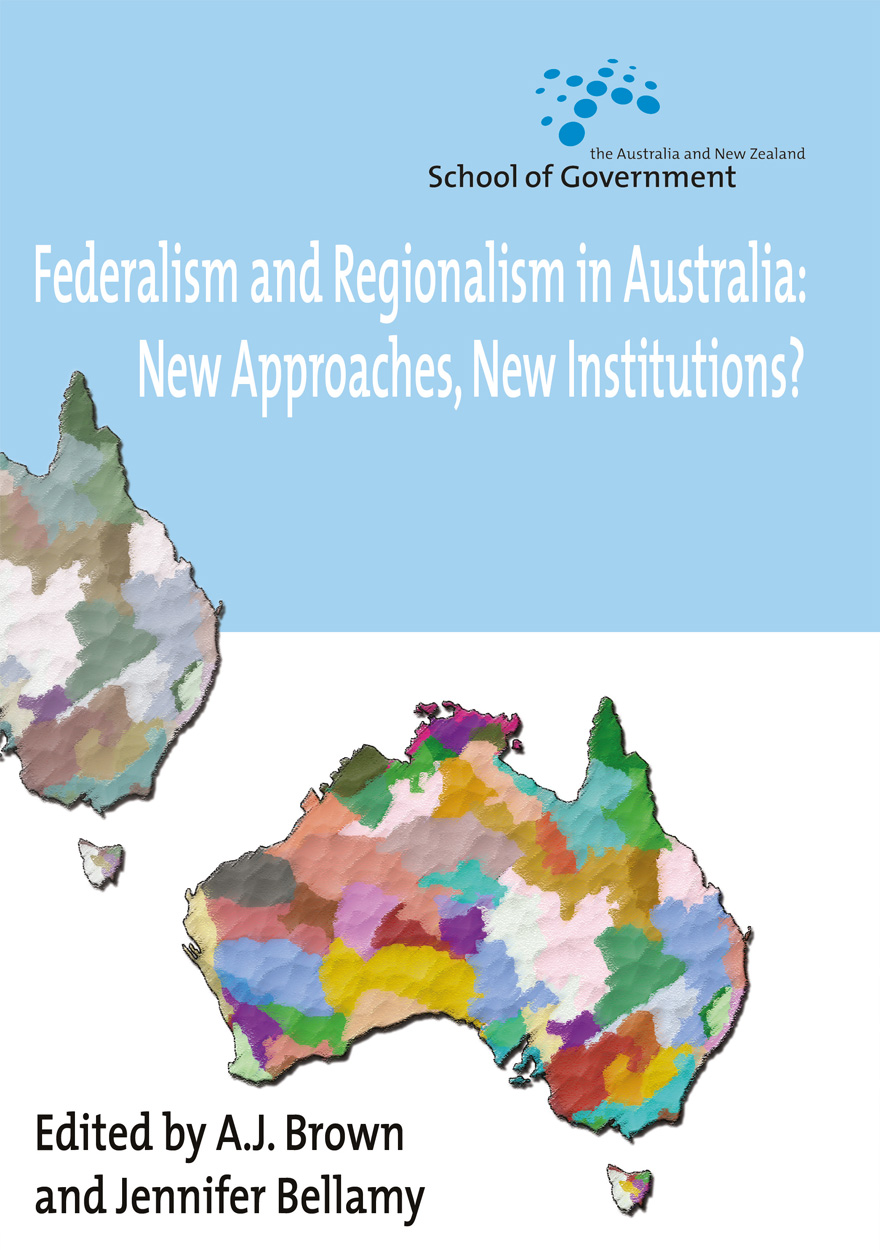Australia and New Zealand School of Government (ANZSOG)
ANZSOG publishes a series of monographs and occasional papers, under the auspices of ANU Press. This series addresses a diverse range of topics on public policy and administration, from both practical and theoretical perspectives. Contributors are drawn from academia, government and the private sector.
Please note: The following list of titles is sorted by publication date, with the most recent first.
Displaying results 26 to 50 of 58.

Past Law, Present Histories »
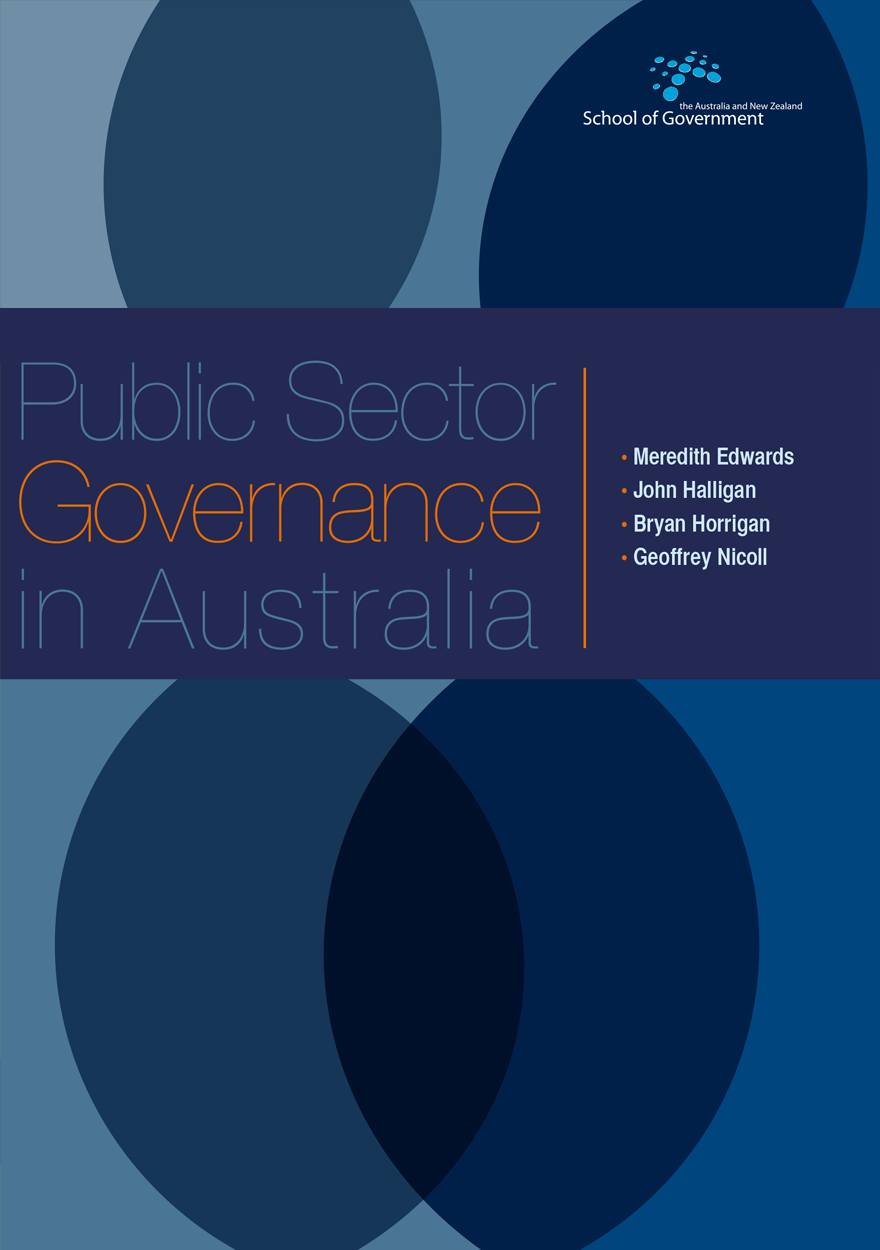
Public Sector Governance in Australia »

With the Benefit of Hindsight »
Valedictory Reflections from Departmental Secretaries, 2004–11
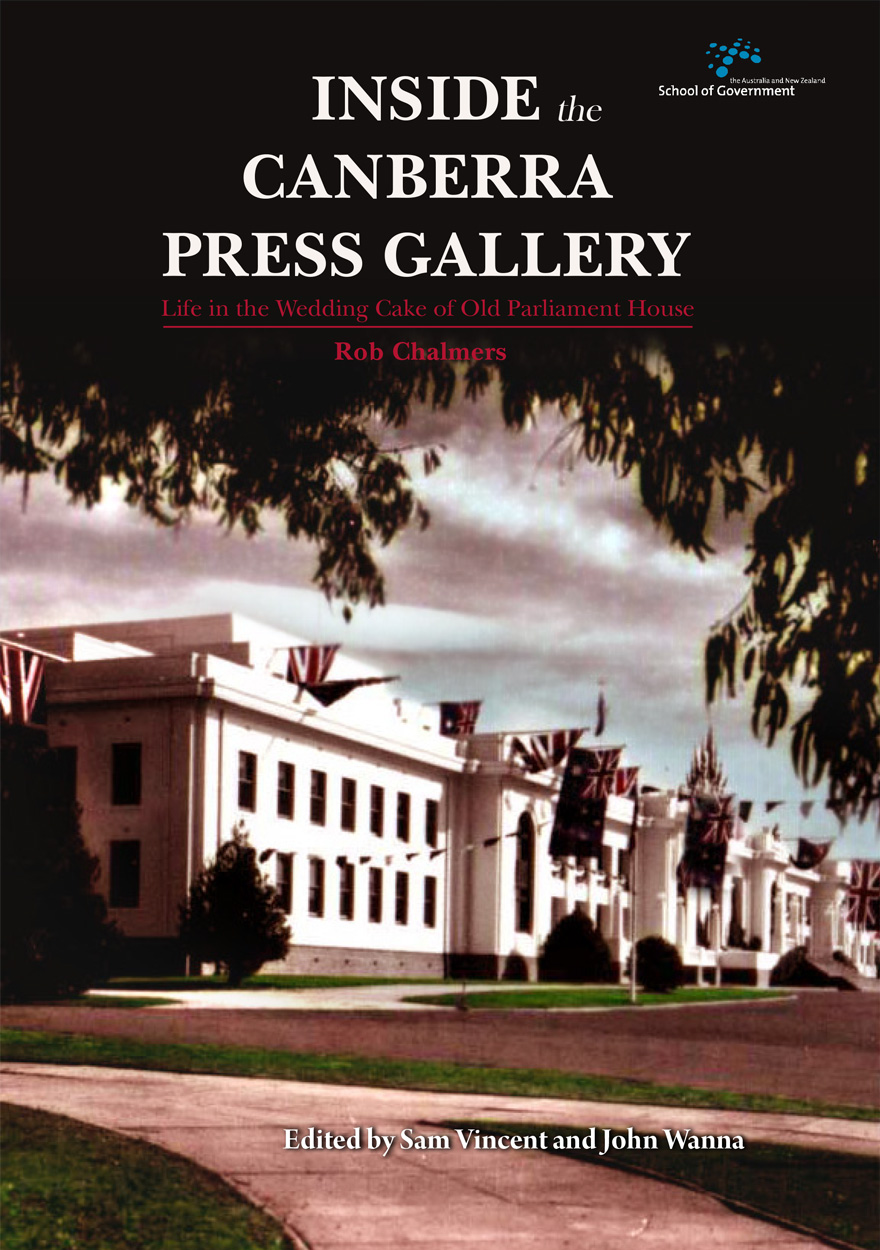
Inside the Canberra Press Gallery »
Life in the Wedding Cake of Old Parliament House

Whistling While They Work »
A good-practice guide for managing internal reporting of wrongdoing in public sector organisations

Delivering Policy Reform »
Anchoring Significant Reforms in Turbulent Times

The Rudd Government »
Australian Commonwealth Administration 2007–2010

Public Policy »
Why ethics matters

Fiducial Governance »
An Australian republic for the new millennium

The Ayes Have It »
The history of the Queensland Parliament, 1957–1989

Does History Matter? »
Making and debating citizenship, immigration and refugee policy in Australia and New Zealand

Framing the Global Economic Downturn »
Crisis rhetoric and the politics of recessions

The Dilemmas of Engagement »
The Role of Consultation in Governance

The Role of Departmental Secretaries »
Personal reflections on the breadth of responsibilities today

Critical Reflections on Australian Public Policy »
Selected Essays

The Centrelink Experiment »
Innovation in Service Delivery
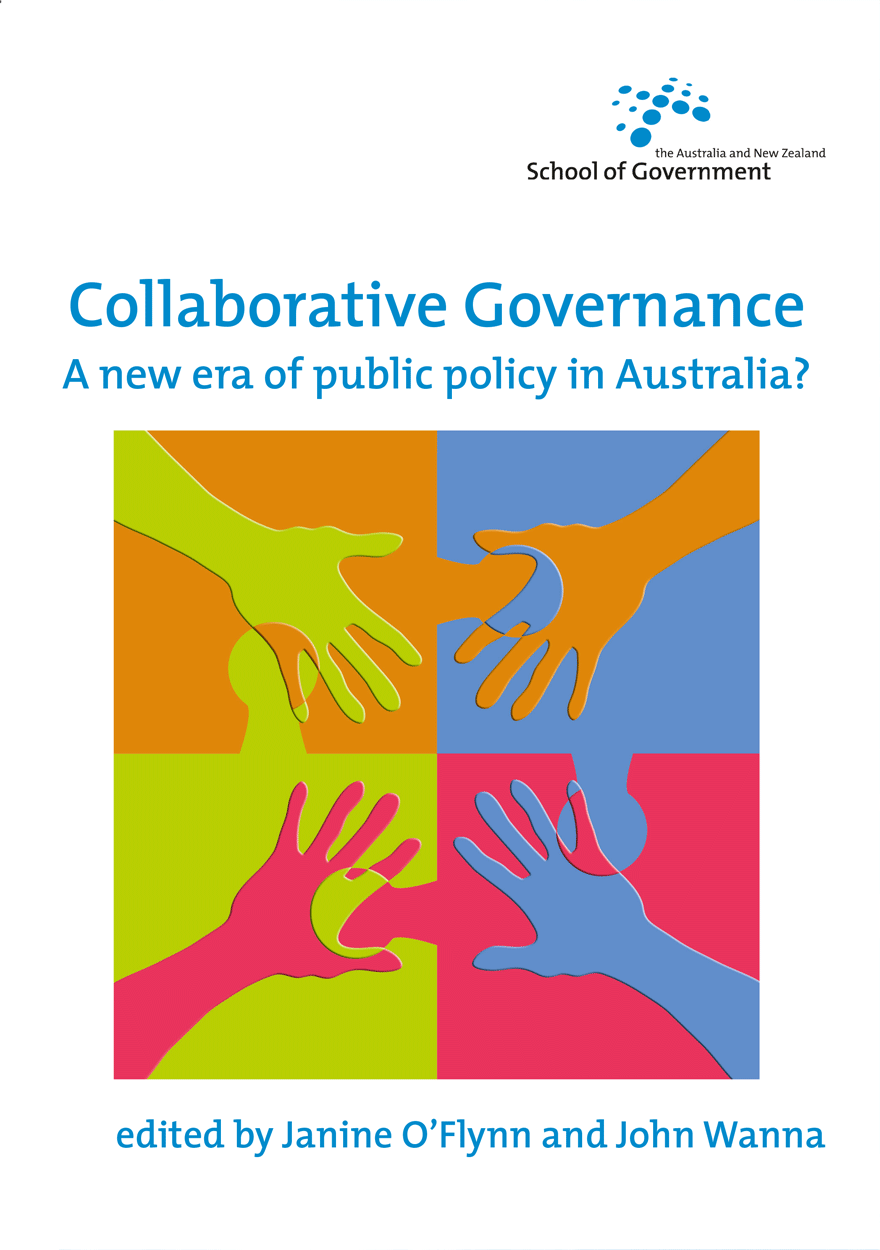
Collaborative Governance »
A new era of public policy in Australia?

Public Leadership »
Perspectives and practices

Whistleblowing in the Australian Public Sector »
Enhancing the theory and practice of internal witness management in public sector organisations

Steady Hands Needed »
Reflections on the role of the Secretary of Foreign Affairs and Trade in Australia 1979-1999

Whatever Happened to Frank and Fearless? »
The impact of new public management on the Australian Public Service

Minding the Gap »
Appraising the promise and performance of regulatory reform in Australia

Australia Under Construction »
Nation-building past, present and future
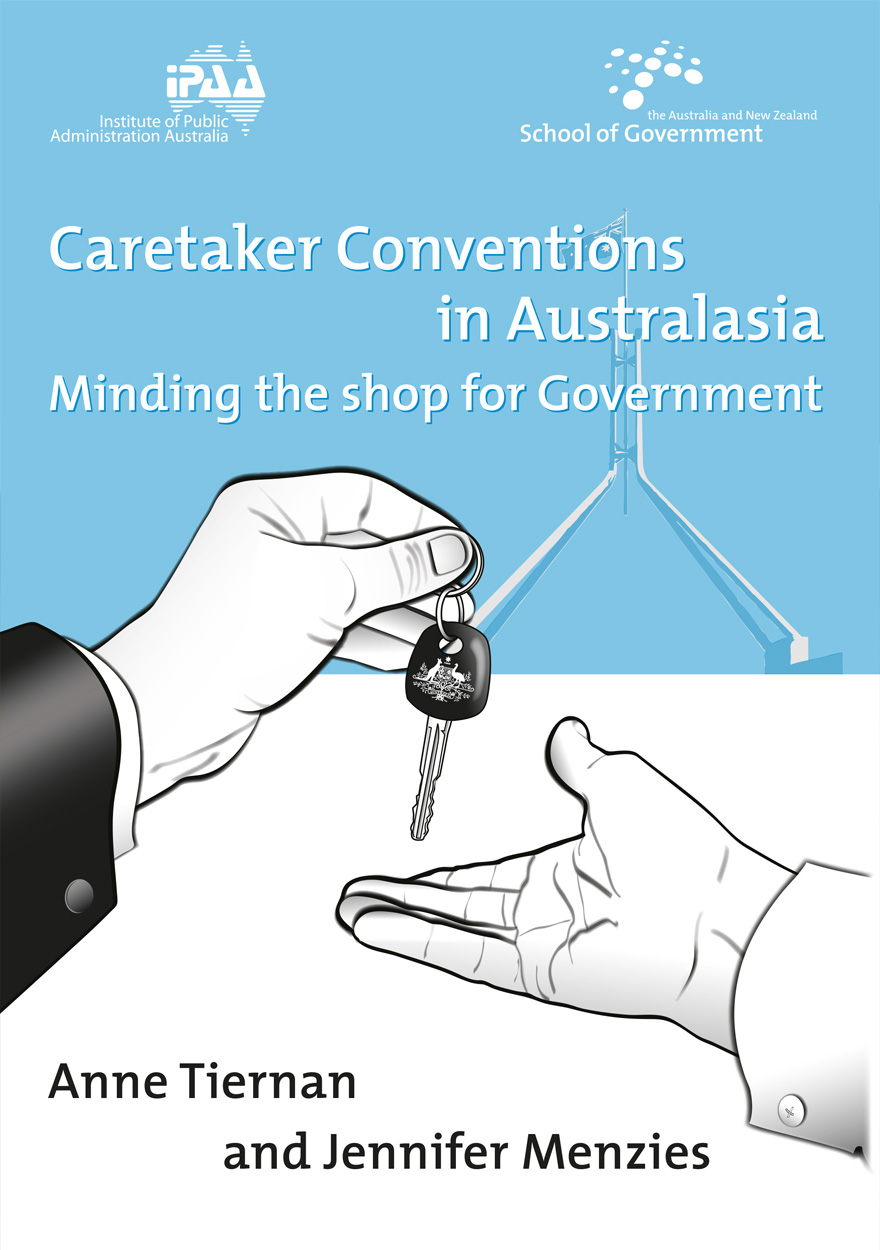
Caretaker Conventions in Australasia »
Minding the Shop for Government
